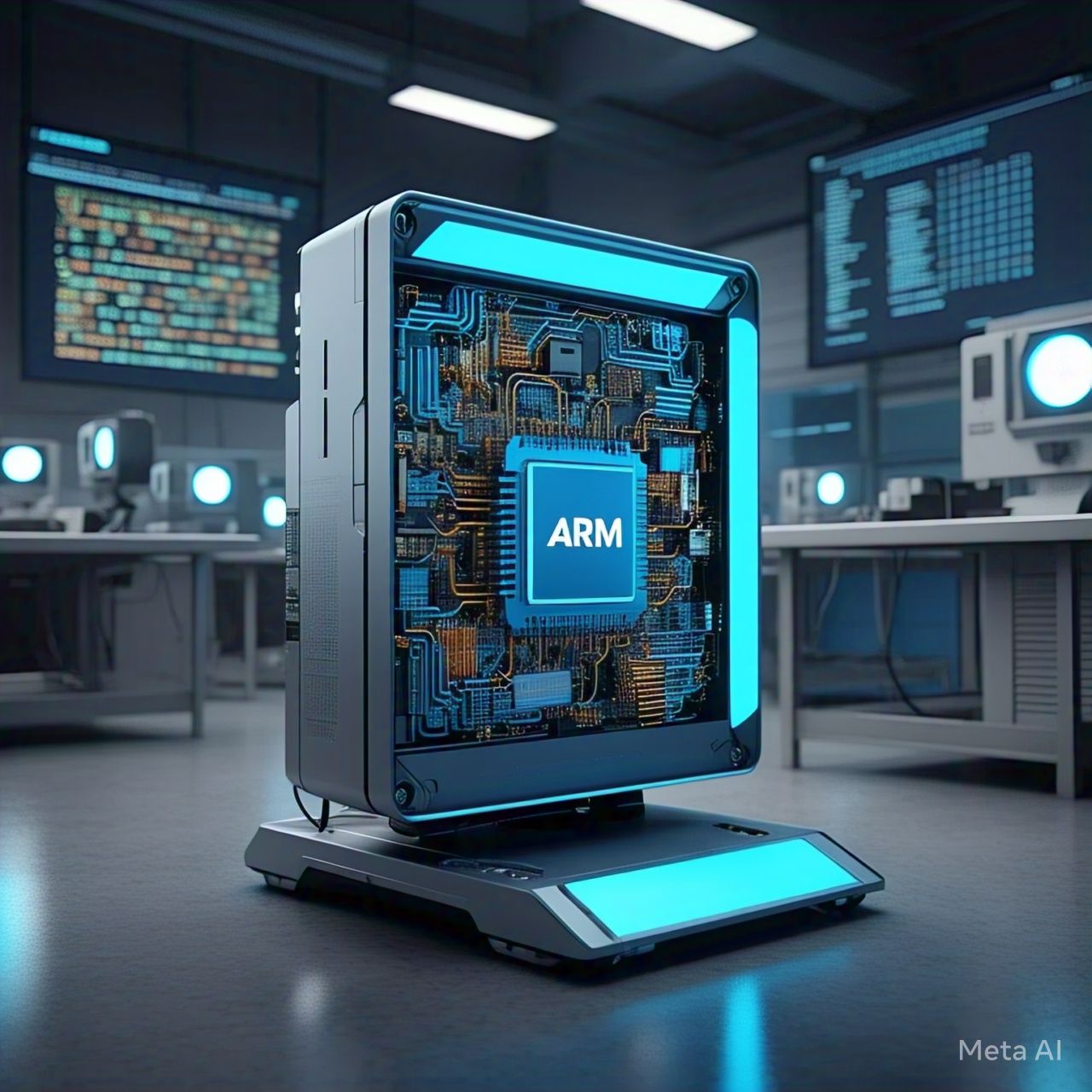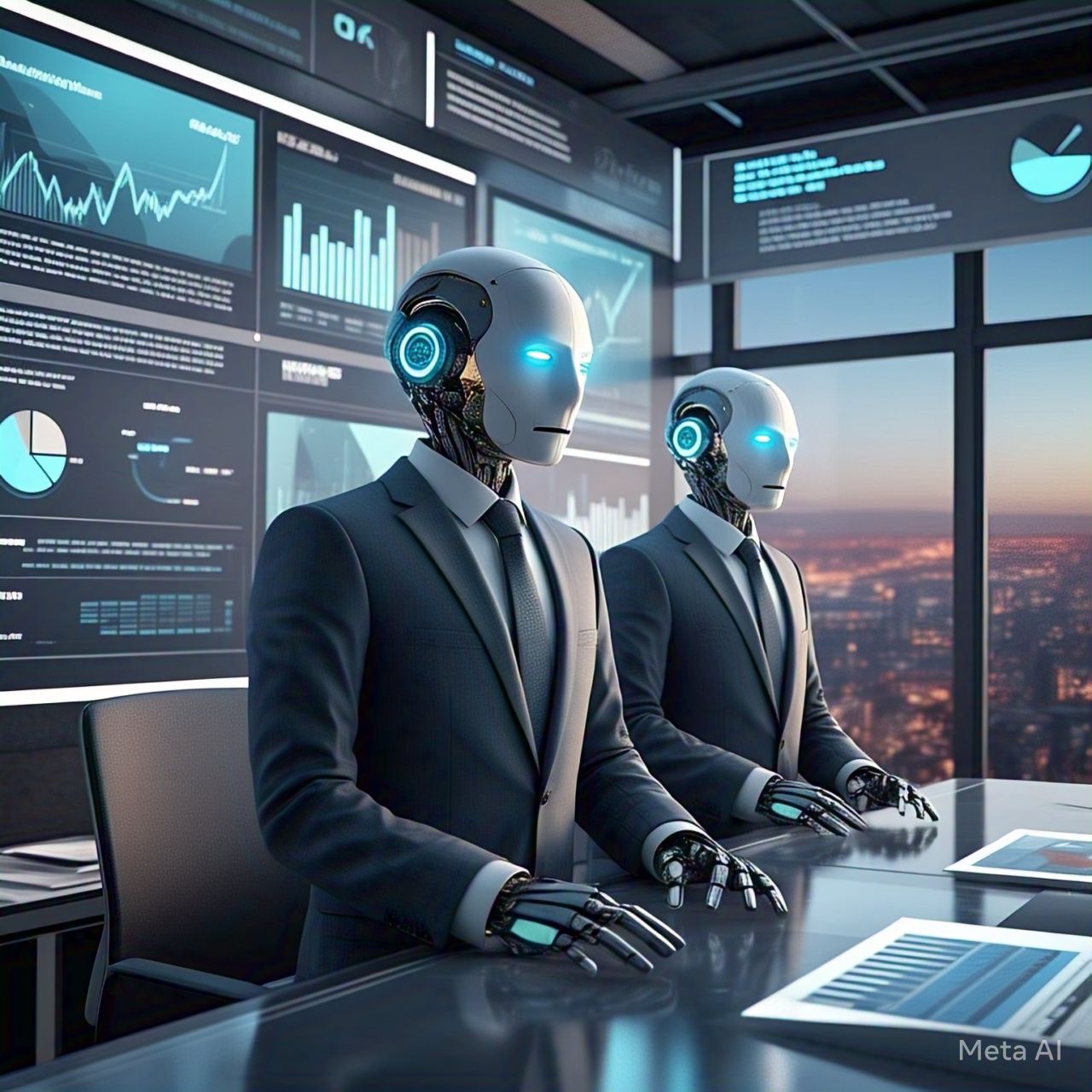Introduction
Artificial Intelligence (AI) is transforming human interactions in unprecedented ways, and one of the most profound developments is the emergence of AI companions. These digital entities, powered by advanced machine learning and natural language processing, are designed to provide companionship, emotional support, and even simulated relationships. But as AI companions become more sophisticated, an essential question arises: Are they replacing human relationships, or simply filling a gap?
The Growth of AI Companions
1. The Evolution of Digital Companions
AI companions have evolved from simple chatbots to highly interactive and emotionally intelligent entities. Some of the most notable advancements include:
- AI-driven virtual assistants that engage in natural conversations
- AI-powered romantic chatbots providing companionship
- Human-like robotic companions capable of responding to emotions
2. The Appeal of AI Relationships
The increasing interest in AI companions is driven by various factors, including:
- Loneliness and social isolation: AI companions provide a source of interaction for those struggling with loneliness.
- Emotional support: Some AI systems are designed to offer empathy and mental health support.
- Personalized interactions: AI companions can remember past conversations, adapt to user preferences, and engage in meaningful dialogue.
The Psychological and Social Impact
1. Benefits of AI Companionship
AI companions offer several potential benefits, including:
- Enhanced mental well-being: Users experiencing anxiety or depression may find comfort in AI interactions.
- Non-judgmental conversations: AI provides a safe space for individuals to express their thoughts and emotions.
- Accessibility for marginalized groups: AI companionship can help individuals with social difficulties, such as those on the autism spectrum.
2. The Risks and Ethical Concerns
Despite the benefits, the rise of AI companions poses several ethical and psychological challenges:
- Emotional dependence: Over-reliance on AI companions may reduce real-world social interactions.
- False sense of intimacy: Users may form deep emotional bonds with AI, despite the absence of true reciprocity.
- Data privacy concerns: AI interactions involve collecting and processing personal information, raising security risks.
The Future of Human-AI Relationships
1. AI as a Supplement, Not a Replacement
Experts argue that AI companions should enhance, rather than replace, human relationships by:
- Acting as social training tools for those with difficulty forming connections
- Providing temporary support during times of loneliness
- Encouraging real-world interactions rather than replacing them
2. Ethical AI Development
To ensure AI companionship remains beneficial, developers must prioritize:
- Transparency in AI interactions to prevent emotional manipulation
- Privacy protection measures to safeguard user data
- Balanced AI design that promotes healthy relationships with both AI and humans
3. Integrating AI with Human Connection
The ideal future for AI companionship involves seamless integration with human relationships. Rather than replacing human connections, AI can:
- Assist in emotional well-being while promoting human interactions
- Help individuals develop better social skills
- Act as an additional support system, not a primary one
Conclusion
AI companions represent a groundbreaking shift in human interaction, offering emotional support, companionship, and personalized experiences. While they hold great potential, they also raise important ethical and psychological questions. The key lies in responsible development and mindful usage—ensuring AI enhances human relationships rather than replacing them. The future of AI companionship will depend on how society navigates the balance between technological advancement and genuine human connection.




